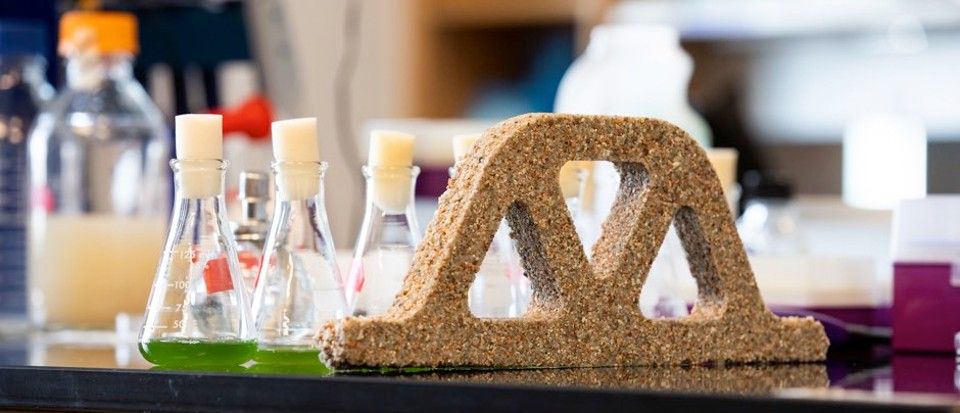Researchers said this building material has structural load-bearing function, is capable of self-healing and is more environmentally friendly than concrete – which is the second most-consumed material on Earth after water.
The team from the University of Colorado Boulder believe their work paves the way for future building structures that could “heal their own cracks, suck up dangerous toxins from the air or even glow on command”.
Wil Srubar, who heads the Living Materials Laboratory at the University of Colorado Boulder and is one of the study authors, said: “We already use biological materials in our buildings, like wood, but those materials are no longer alive.
